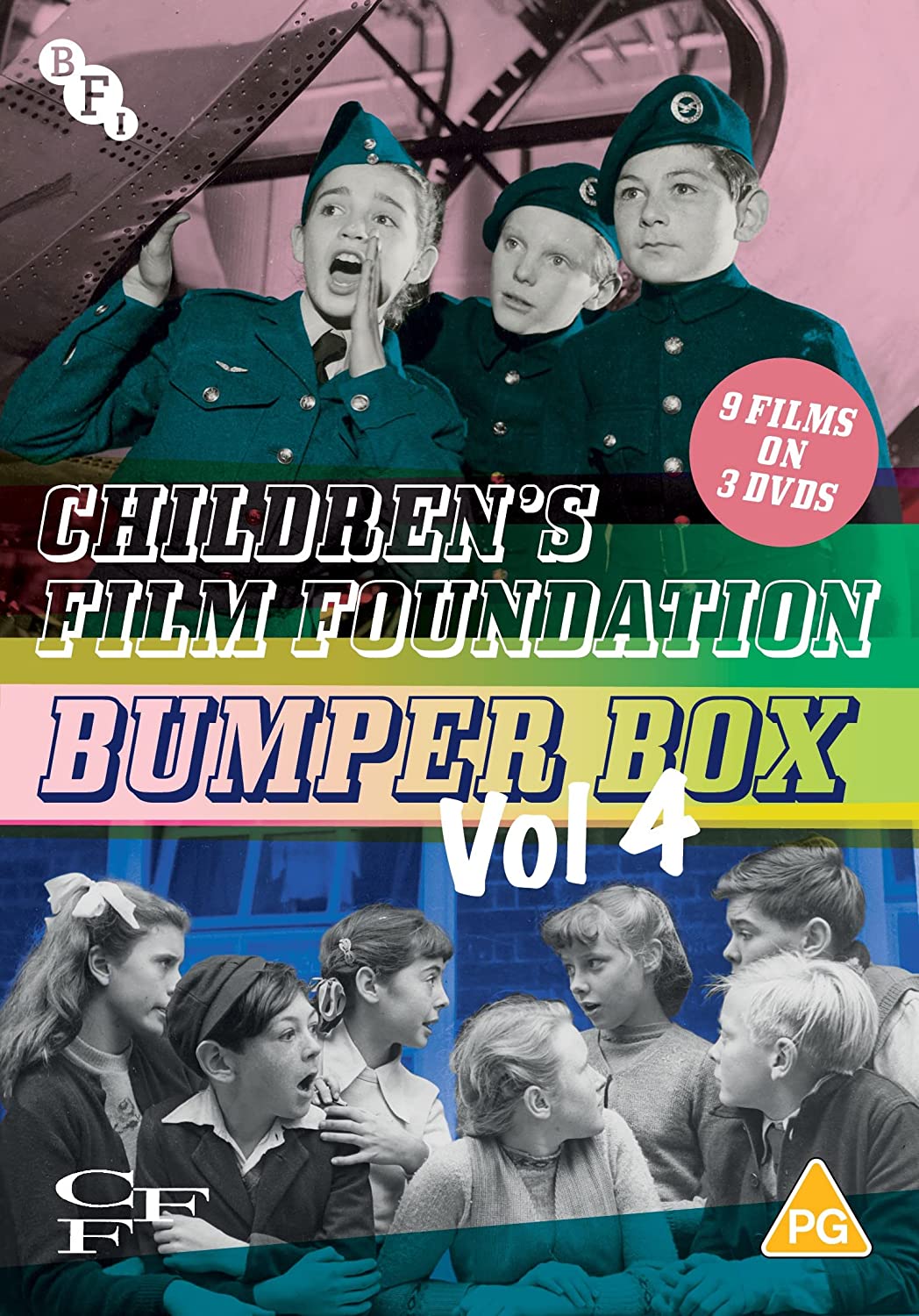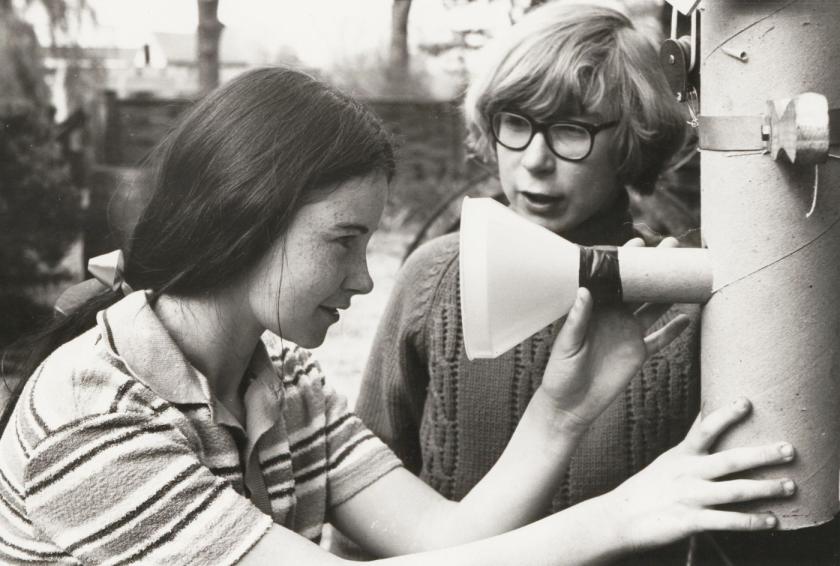I can still (just) remember Saturday morning cinema being a thing, only because my big brother was old enough to attend weekly sessions at the local ABC and I was too young to go. He would presumably have watched several of the films in this latest BFI collection, all produced by the Children’s Film Foundation.
This state institution produced 55-minute features designed for Saturday screenings from 1950 up until the late 1980s, when dwindling audiences and the popularity of Tiswas rendered it obsolete. Funding came from the Eady Levy, a 5% tax on box office receipts intended to support the UK’s film industry; releasing six features a year, most of them shot in a few weeks with limited budgets meant that the quality could vary, but the best of them hold up well.
Nine more are presented in this fourth BFI anthology. Dating from 1953 to 1984, they’re an engrossing snapshot of historical change, the trouser lengths, hairstyles and accents reflecting social and cultural British history. It’s fun to watch the CFF ident evolve over time, the monochrome image of Trafalgar Square seen in the earliest films ceding to a funkier version with synthesiser backing in Gabrielle and the Doodleman, a 1984 release shot on video for television broadcast.
Both The Dog and the Diamonds (1953) and The Missing Note (1961) take place in post war London against a background of pristine council estates, street markets and streets devoid of heavy traffic. Dogs were a regular fixture in CFF productions and Diamonds features a stellar turn from the lovable Boffin, he and the gang that adopt him battling council byelaws and a predictably inept gang of jewel thieves.
Blow Your Own Trumpet (1958) is, unusually, set in the West Midlands and stars a young Michael Crawford as an aspiring cornet player hoping to win a place in the local brass band. He succeeds against all odds, though the biggest surprise is the level of musical competence he acquires after just a few months of lessons. The final scenes are memorable, Crawford doggedly playing his audition piece (miming, badly), whilst trying to keep his trousers from slipping down and stopping a dog from grabbing his shirt tails.
 A photogenic border collie plays a crucial role in 1974’s The Flying Sorcerer, John Bluthal’s jolly inventor first seen looping the loop in his biplane with poor Suki in the front seat. Which could be why she later jumps onto the control panel of his time machine and sends his nephew back to medieval England to battle a dragon which resembles a Ford Anglia covered in papier-mâché. Tim Barrett’s titular wizard provides a light relief, the cast doing their best to suggest that the slow-moving beast represents an actual threat.
A photogenic border collie plays a crucial role in 1974’s The Flying Sorcerer, John Bluthal’s jolly inventor first seen looping the loop in his biplane with poor Suki in the front seat. Which could be why she later jumps onto the control panel of his time machine and sends his nephew back to medieval England to battle a dragon which resembles a Ford Anglia covered in papier-mâché. Tim Barrett’s titular wizard provides a light relief, the cast doing their best to suggest that the slow-moving beast represents an actual threat.
The 1970s were the CFF’s purple patch, and a highlight of this set is 1972’s Blinker’s Spy-Spotter, a near-hysterical tale of a young geek fighting to stop Bernard Bresslaw stealing his dad’s latest invention. David Spooner is excellent as the resourceful Blinker, and the opening sequence must have inspired Nick Park’s Wallace and Gromit shorts, Blinker’s contraptions variously cleaning his teeth, drying his hair and dispensing fresh pairs of underpants.
Mr Selkie (1978) is another gem, Peter Bayliss’s seal-in-human-form displaying a penchant for swallowing raw fish whole and making an impassioned plea to council officials about the threats posed by marine pollution. Gabrielle and the Doodleman makes for an intriguing epilogue, worth investigating for a cast which includes Windsor Davies, Eric Sykes, Matthew Kelly and Lynsey de Paul. Prudence Oliver’s feisty Gabrielle uses a wheelchair and spends a lot of time playing clunky video games, and what ensues is a loopy blend of pantomime and 80s pop videos.
There’s a generous selection of bonus shorts and a brief documentary looking at CFF London locations, though none of the films discussed is included here. Vic Pratt’s booklet notes are predictably entertaining, and a reminder of why physical releases will always score over streaming. You won’t find these gems on Netflix or Amazon Prime. Buy this set.















Add comment